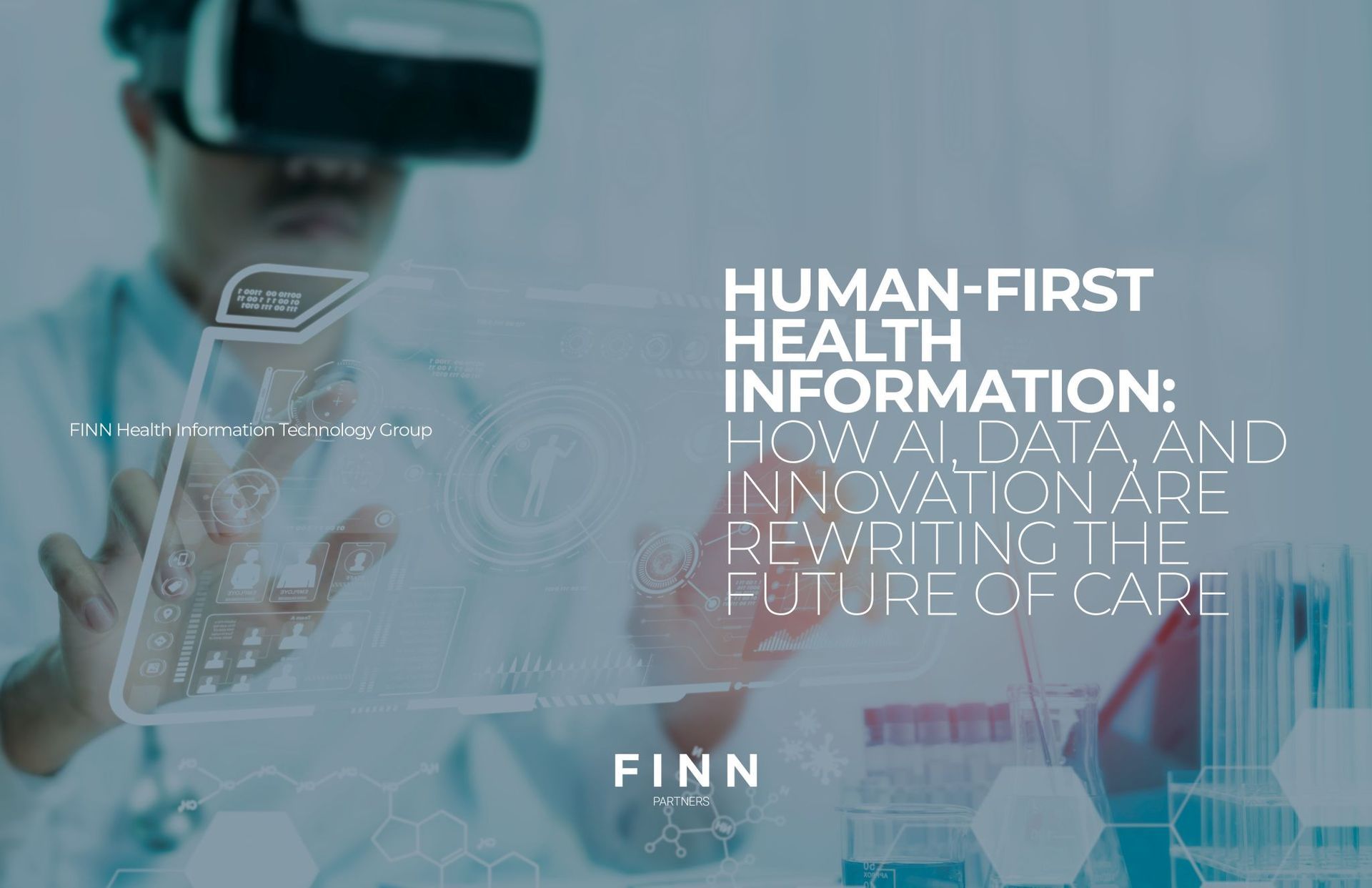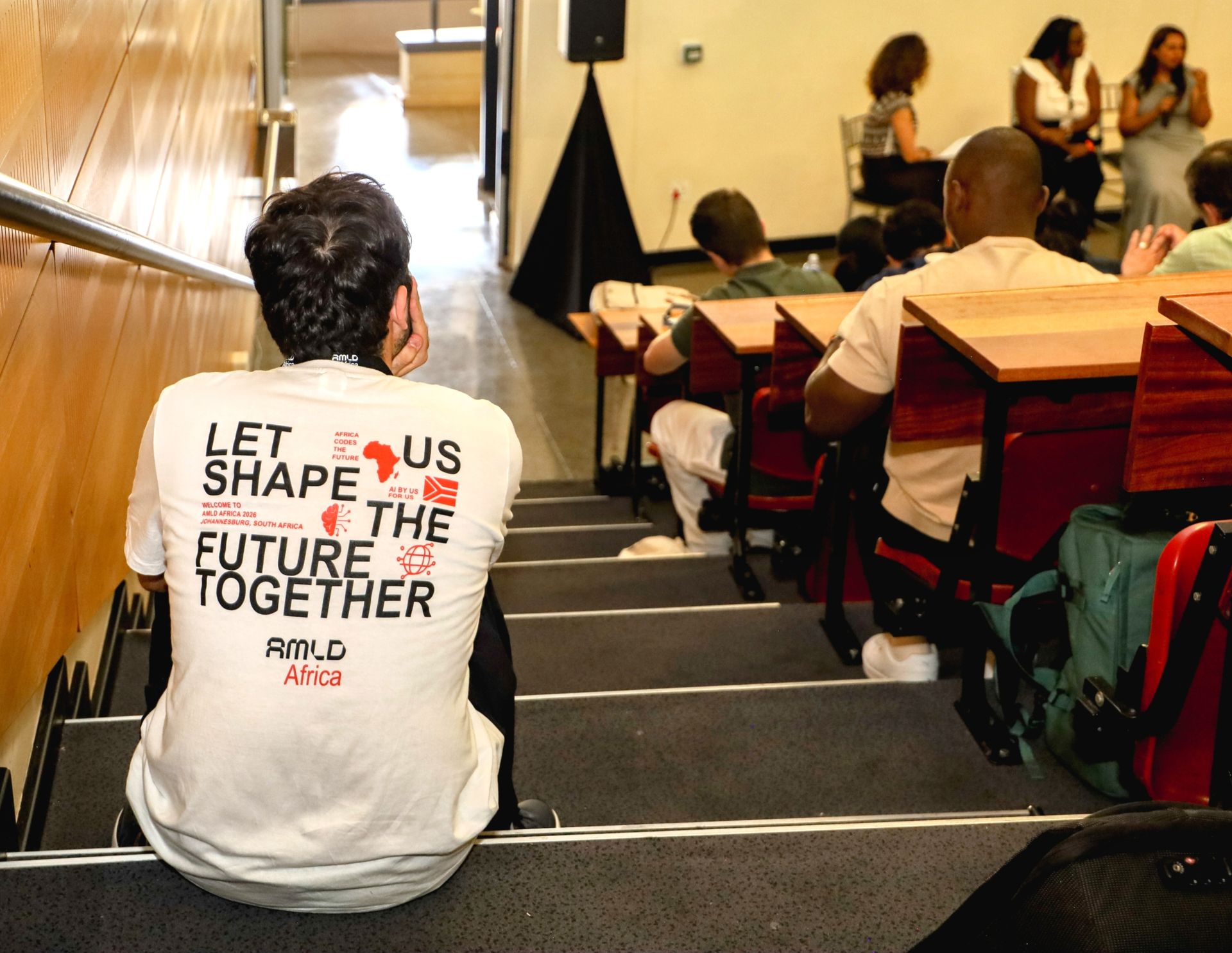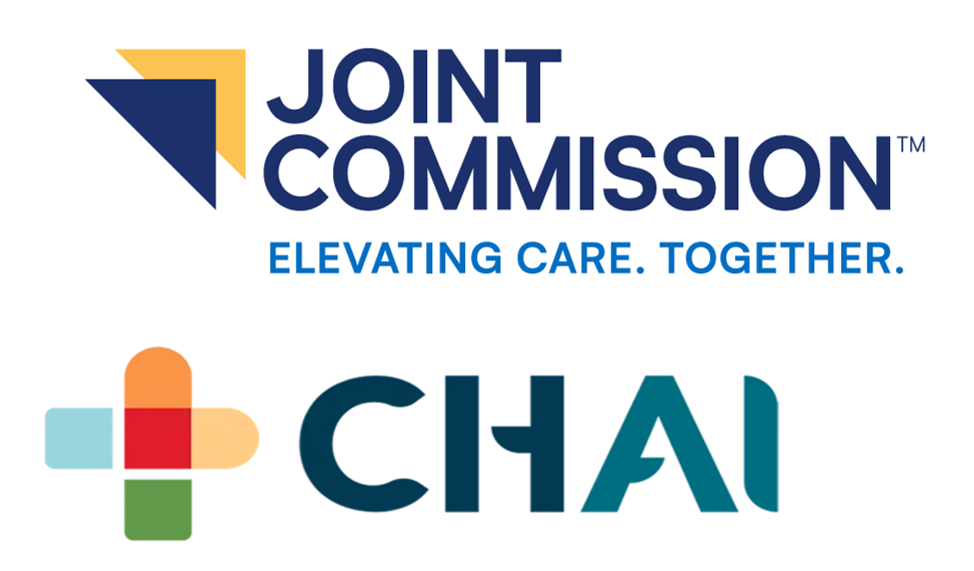The Conversation Americans Should Be Having as the United States Pulls Out of the World Health Organization
Two weeks ago President Donald Trump made waves in the global health community by issuing an Executive Order to pull America out of the World Health Organization (WHO).
Founded in 1948, WHO is an agency of the United Nations whose charter is to plan and coordinate the international response to health emergencies as well as help countries monitor, prepare, and recover from disease threats. While not without controversy, WHO is the most recognized global forum for predicting and planning for events affecting the health of humans across the planet.
Media coverage of the US withdrawal has focused on political rancor (Trump believes WHO mishandled the pandemic) and funding (While the US is one of 194 participating countries, it funds almost 20% of the agency’s $6.8 billion budget). [i]
As the new Administration gives up America’s seat at the table for global health planning, it's important to shine a light on very real issues impacting the health and well-being of Americans. They are worth public scrutiny and debate starting with this statement:
America is a First-World Nation Battling its Own Third-World Health Crises
America’s health care system is the most expensive in the world. It’s staffed with some of the world’s best health and medical talent. Despite this, we are at the bottom of the list in overall health compared to all developed nations. This includes access to care, administrative efficiency, equity, and health care outcomes. [ii]
Americans are among the least healthy people in the rich world and among the most likely to die early.
The richest men in America live longer than the average man in any country. The poorest have life expectancies comparable to men in Sudan and Pakistan.[i]
If you are a citizen of Mississippi, you probably won’t live as long as someone from Bangladesh. [ii] [iii] [iv]
Maternal mortality rates for American women are worse than in most third-world countries. Even more unexplainable is that Black women are three times more likely to die of childbirth than White women. This gap is worse today than it was when we began keeping records in the early 1900’s.[i]
America is a global leader in avoidable amputations. This is mainly due to the improper management of diabetes, which impacts 38.4 million Americans.[ii]
30 million Americans die prematurely each year from preventable diseases. Twenty-seven percent of US health-care spending goes to managing health conditions that are preventable.[iii]
As the World Health Organization focuses on increasing its investments in global Public Health, it’s important to note that America’s investment in similar Public Health services is declining.
Winston Churchill once said, “Healthy citizens are the greatest asset any country can have.” And so, as we discuss and debate America’s role in creating a healthier world through organizations like WHO, let us actively debate and decide what priorities we will invest in to improve the health of the 330 million people who call America home.
[i]
Achievements in Public Health, 1900-1999: Healthier Mothers and Babies, Centers for Disease Control (CDC), Achievements in Public Health, 1900-1999: Healthier Mothers and Babies (cdc.gov)
[ii] NICHOLAS KRISTOF, How Do We Fix the Scandal That Is American Health Care? New York Times, https://www.nytimes.com/2023/08/16/opinion/health-care-life-expectancy-poverty.html?smid=em-share
[iii] Sandro Galea, Nason Maani, The Cost of Preventable Disease in the US, The Lancet, October, 2020, https://www.thelancet.com/journals/lanpub/article/PIIS2468-2667(20)30204-8/fulltext
[i] Raj Chetty, Michael Stepner, Sarah Abraham, Shelby Lin, Benjamin Scuderi, Nicholas Turner, Augustin Bergeron, and David Cutler, Income and Life Expectancy in the United States: Executive Summary, The Health Inequality Project, April 2016, https://www.healthinequality.org/documents/paper/healthineq_summary.pdf
[ii] NICHOLAS KRISTOF, How Do We Fix the Scandal That Is American Health Care? New York Times, https://www.nytimes.com/2023/08/16/opinion/health-care-life-expectancy-poverty.html?smid=em-share
[iii] Life Expectancy at Birth by State, National Center for Health Statistics, https://www.cdc.gov/nchs/pressroom/sosmap/life_expectancy/life_expectancy.htm (cdc.gov)
[iv] Life Expectancy at Birth – Bangladesh, World Bank Group https://data.worldbank.org/indicator/SP.DYN.LE00.IN?locations=BD
[i] https://www.msn.com/en-us/politics/government/what-is-the-world-health-organization-and-why-does-trump-want-to-leave-it/ar-AA1xFf0l?ocid=BingNewsSerp
[ii]Mirror, Mirror 2024: A Portrait of the Failing U.S. Health System, Commonwealth Fund, September, 2023, https://www.commonwealthfund.org/publications/fund-reports/2024/sep/mirror-mirror-2024









